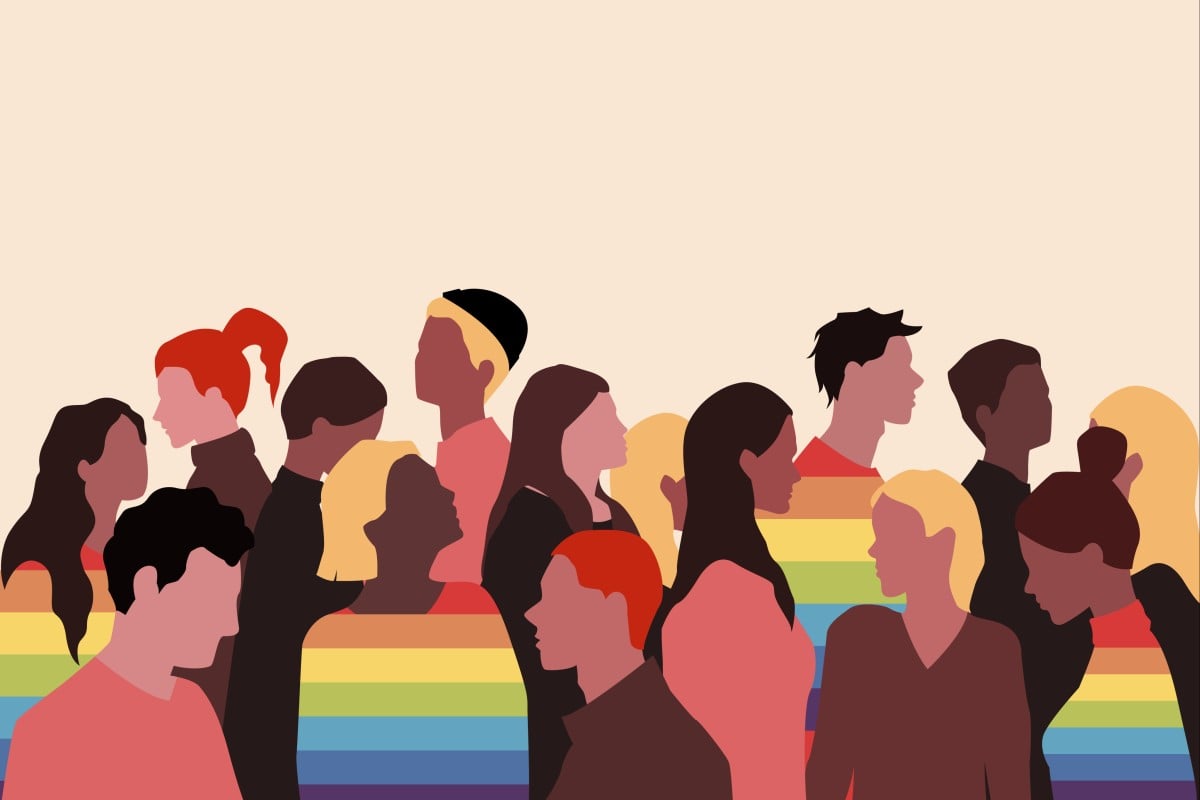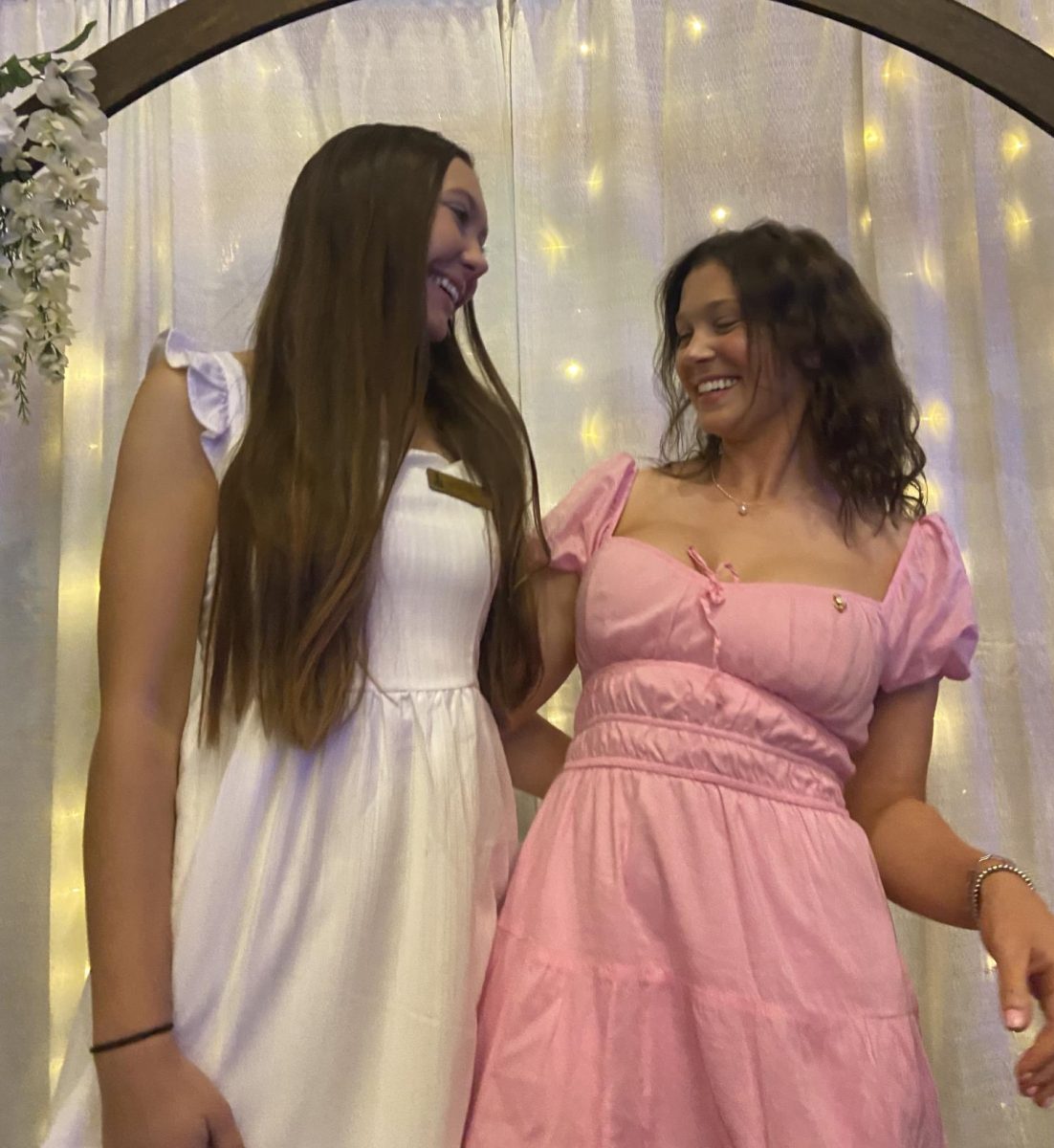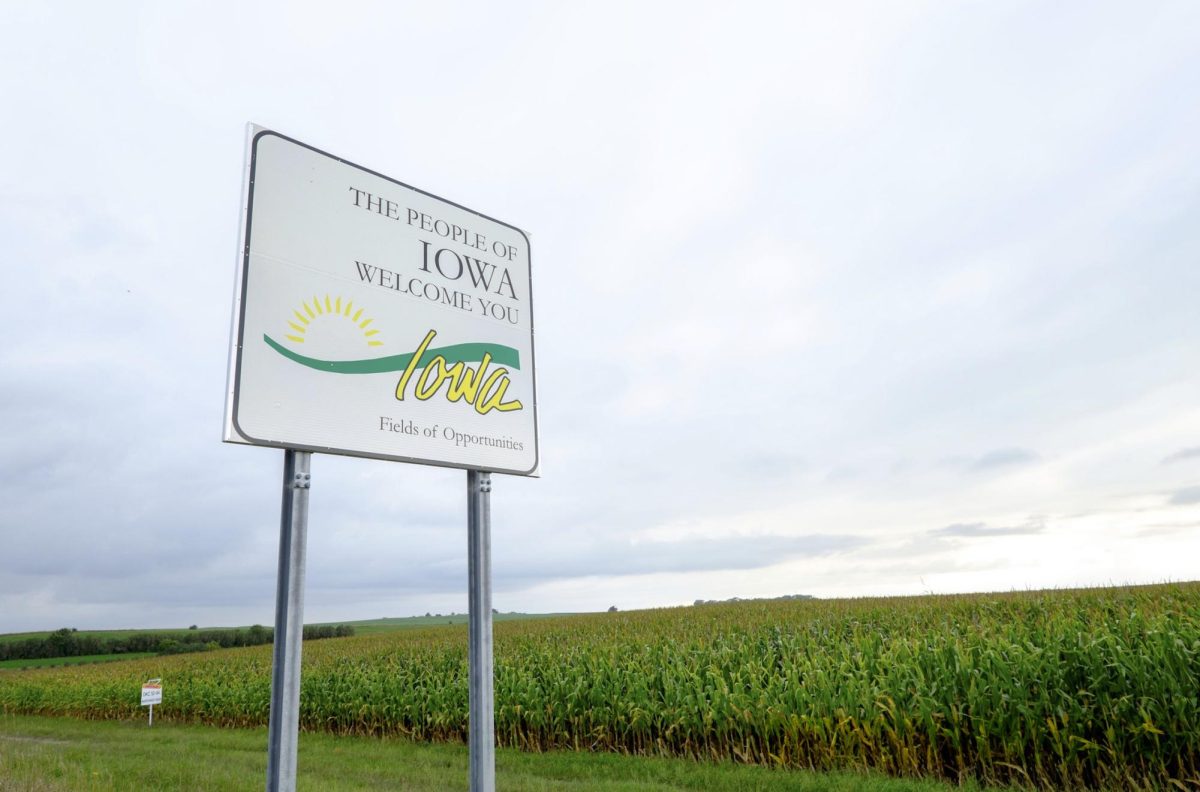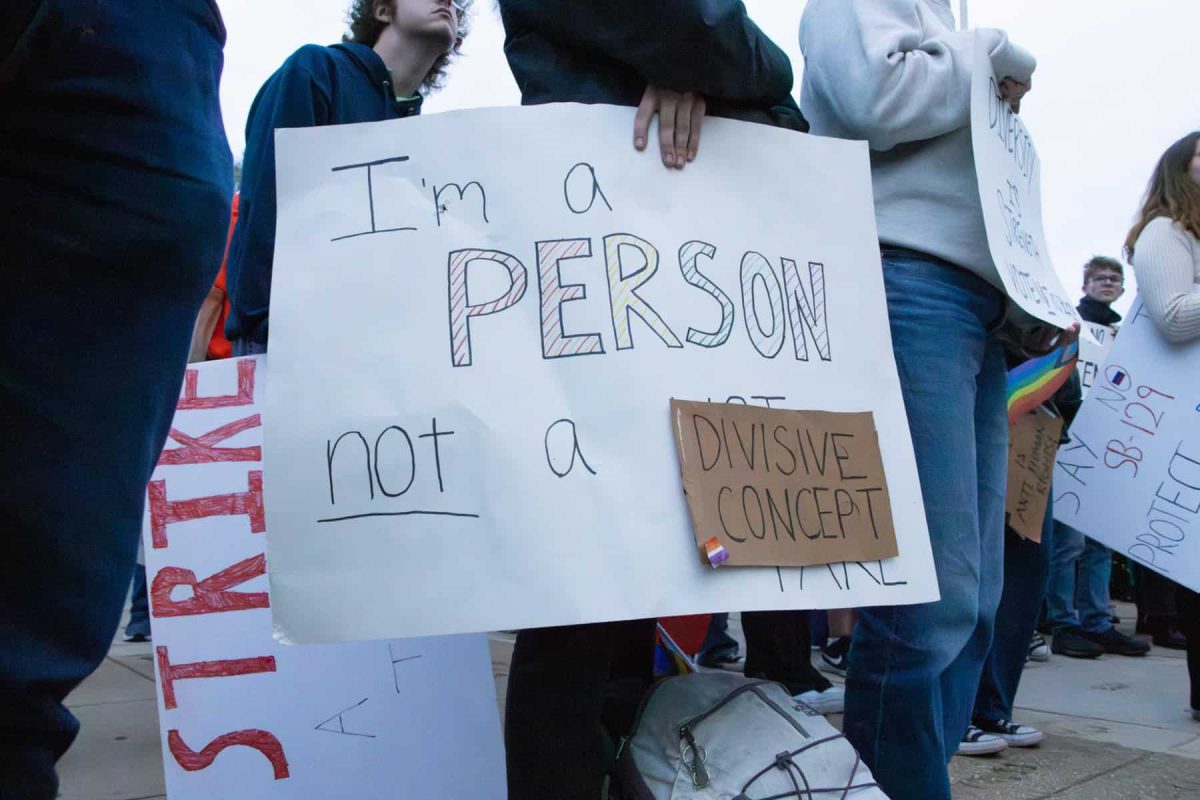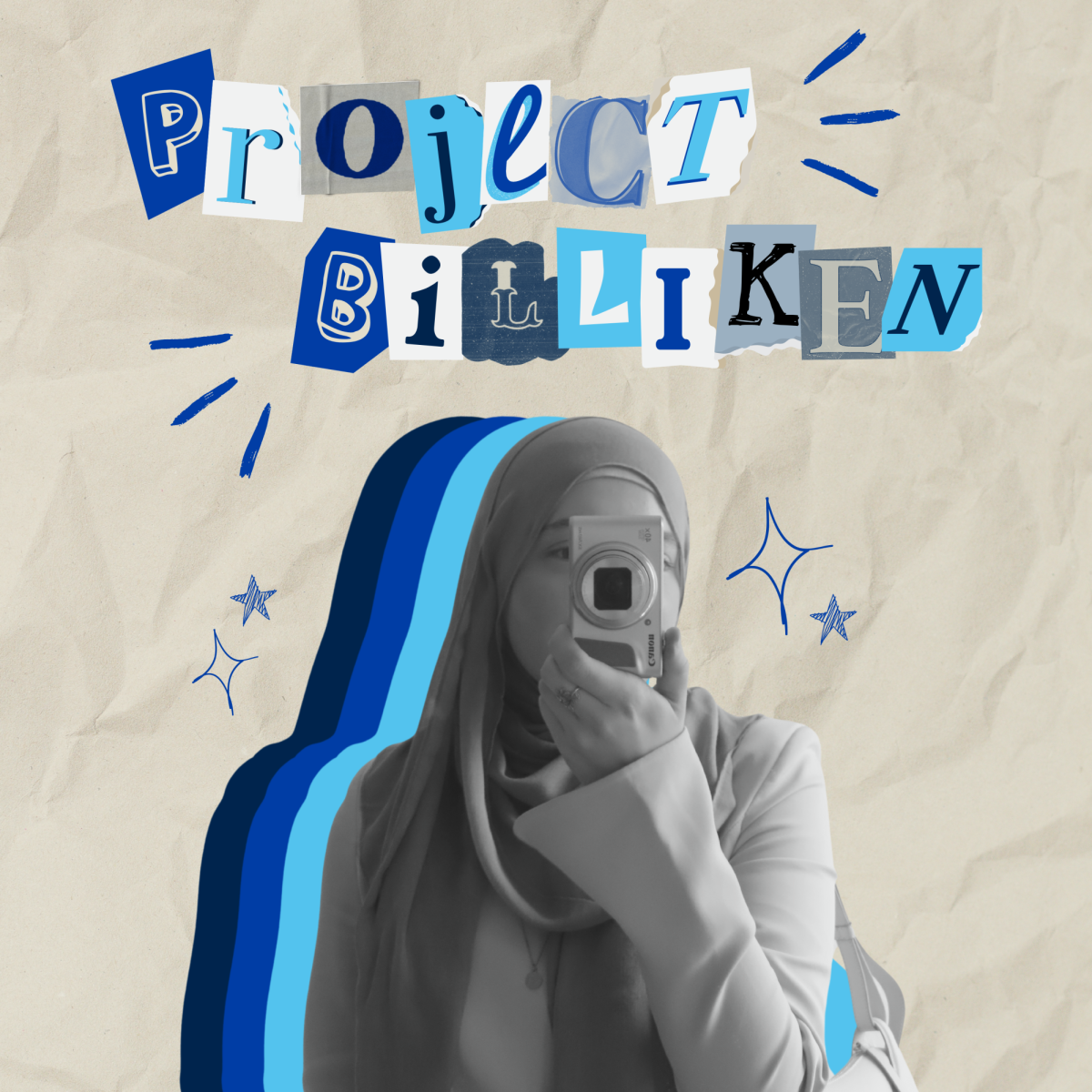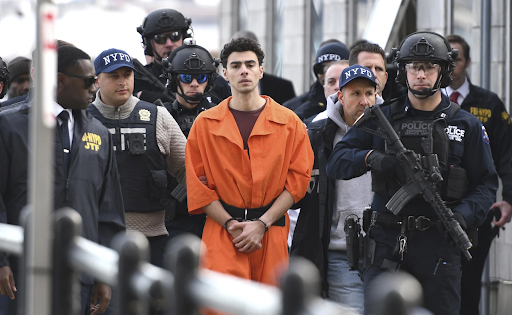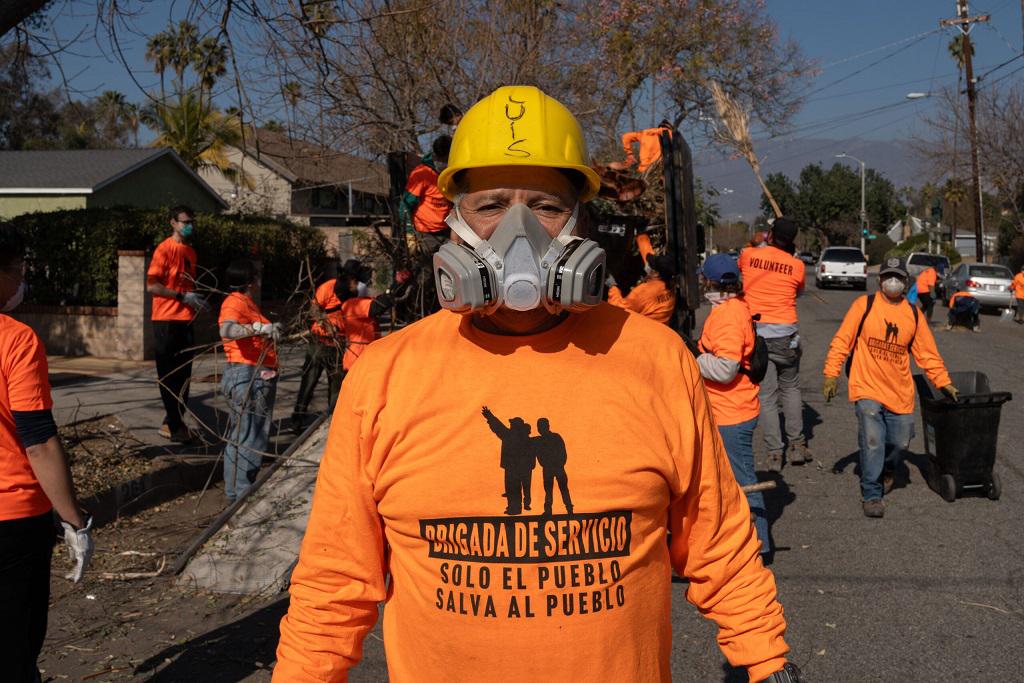This summer, I visited a small town, tucked away deep in the mountains of rural Bulgaria. It was picturesque. The houses gently peeked over the side of the mountain. On the way there, the long, skinny, steep roads let out sighs of dust as the car gears shifted uncomfortably. The sun was setting and the hills displaced the light above the crafted rooftop shingles.
I looked out of the car windows at the women outside. They were sitting on the front stoops after a hard day in the fields, watching the mountains, fixing their head scarves, looking at the car that drove passed them, wondering the same thing I was: Who are these people? What are they doing here?
As the car slowly rolled by, we observed each other. Me: a city-girl completely out of her comfort zone, wearing a tank-top, fashion sunglasses and a hot pink polka-dotted purse. The women: wearing long dresses and tired faces, looking curiously at the license plate, trying to guess where we were from.
It was an inevitable, incredible and paradoxical clash between city and country, between the modern and the rural, between two different lifestyles, two different worlds. I looked out of the window, mesmerized, wondering how life was in this small town.
What do people do when they wake up? They don’t throw their coffee in the microwave as they hurry to get dressed for work because they have woken up late after a long night of dancing. They don’t run to the bus stop, or get on a crowded bus where no one talks to anyone else. They don’t try to balance the coffee mug and the giant purse while reading the newspaper so they can at least appear informed and prepared, even though they’ve arrived late to work.
Seeing people live differently made me rethink the way I lived. It was odd. In the same country, just 400 kilometers away, the people were nothing like what I expected, nothing like what I was used to. When we arrived at the town we were trying to reach, I took my camera. I wanted to capture the stillness, the horizon reflecting off of the shingles, the silence and serenity of this region.
When I returned to the city, I felt strangely displaced. Almost as if the fast cars and the endless noise made the clocks unstoppable. Time took on a different role. But those few country days allowed me to compare, to see how things don’t work the same way everywhere. They allowed me to step out of the bounds of the city and to understand.
It is odd how we can only come to know ourselves after we have experienced something different.
Dorotea Lechkova is a senior in the College of Arts and Sciences.




